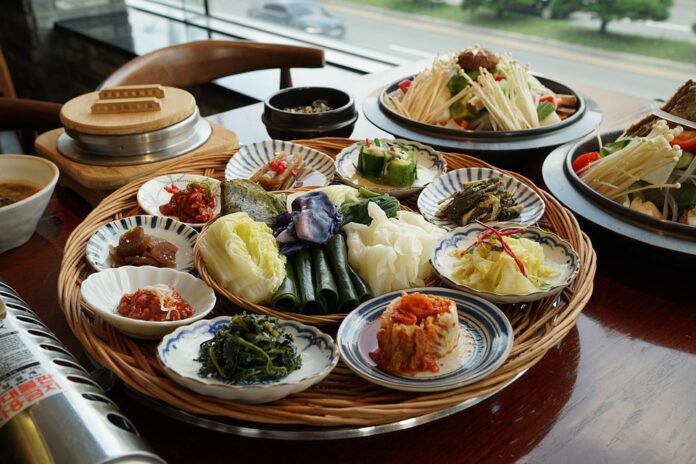Introduction
In recent years, beverage innovators have been combining fermentation with herbal infusions to create unique and flavorful drinks that cater to the growing demand for healthier and more natural products. This trend has gained momentum as consumers seek beverages that not only taste great but also offer functional benefits. In this report, we will explore how this innovative approach is reshaping the beverage industry, the financial implications for companies involved, and the market trends driving this movement.
Fermentation and Herbal Infusions: A Winning Combination
What is Fermentation?
Fermentation is a natural process that converts sugars into alcohol or organic acids using yeast or bacteria. This process not only enhances the flavor of beverages but also offers potential health benefits, such as improved digestion and gut health. By fermenting ingredients like tea, fruits, or botanicals, beverage makers can create complex flavors and unique profiles that set their products apart from traditional drinks.
The Rise of Herbal Infusions
Herbal infusions involve steeping herbs, flowers, or spices in hot water to extract their flavors and medicinal properties. These infusions have been used for centuries in traditional medicine and culinary practices. Today, beverage companies are incorporating herbal infusions into their products to add depth and complexity to their offerings while tapping into the growing consumer interest in natural and functional ingredients.
Industry Insights: Market Trends and Consumer Demand
Consumer Preferences
Consumers are increasingly seeking beverages that not only taste good but also provide health benefits. This shift in consumer preferences has led to the rise of functional beverages that offer hydration, nutrition, and wellness benefits. By combining fermentation with herbal infusions, beverage innovators can create products that appeal to health-conscious consumers looking for natural and innovative options.
Market Opportunities
The market for fermented and herbal-infused beverages is expanding rapidly, driven by the growing popularity of kombucha, herbal teas, and other functional drinks. According to a report by Grand View Research, the global kombucha market is expected to reach $5.45 billion by 2025, with a compound annual growth rate of 23.0%. This presents a significant opportunity for companies that can leverage fermentation and herbal infusions to create unique and compelling products.
Financial Implications: Investing in Innovation
Cost Considerations
While fermentation and herbal infusions offer numerous benefits in terms of flavor and functionality, they also come with additional costs and complexities. Companies must invest in specialized equipment, ingredients, and expertise to successfully implement these techniques. However, the potential for differentiation and premium pricing can offset these costs and drive profitability in the long run.
Revenue Potential
By incorporating fermentation and herbal infusions into their product offerings, beverage companies can tap into new revenue streams and capture a larger share of the market. Consumers are willing to pay a premium for innovative and high-quality beverages that offer unique flavor profiles and health benefits. This presents an opportunity for companies to increase their margins and enhance their brand positioning in a competitive market.
Case Studies: Companies Leading the Way
Kombucha Brewers
Companies like GT’s Living Foods and Health-Ade have successfully leveraged fermentation and herbal infusions to establish themselves as leaders in the kombucha market. By using organic ingredients and innovative flavor combinations, these brands have captured the attention of health-conscious consumers seeking natural and functional beverages.
Herbal Tea Innovators
Tea companies like Pukka Herbs and Traditional Medicinals have embraced herbal infusions to create a range of teas that offer both flavor and wellness benefits. By sourcing high-quality herbs and botanicals, these companies have carved out a niche in the crowded tea market and built loyal customer followings.
Conclusion
In conclusion, the combination of fermentation and herbal infusions represents a powerful strategy for beverage innovators looking to differentiate their products and meet the evolving needs of consumers. By tapping into the benefits of these techniques, companies can create unique and compelling beverages that offer both great taste and functional benefits. As the market for functional beverages continues to grow, we can expect to see more companies embracing fermentation and herbal infusions as key drivers of innovation and growth in the industry.

